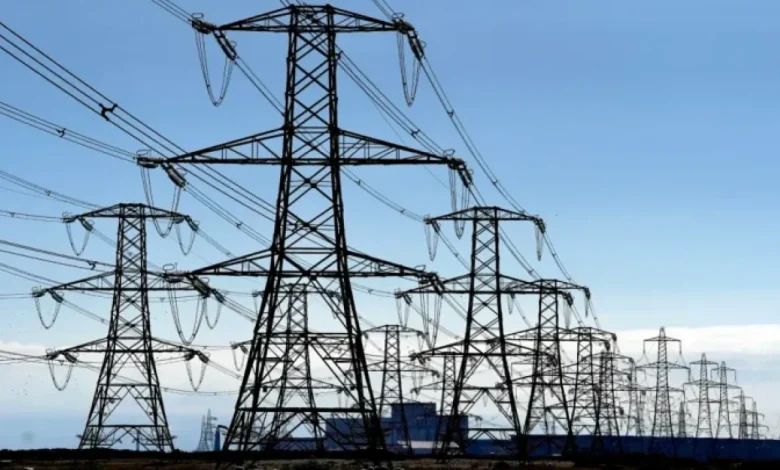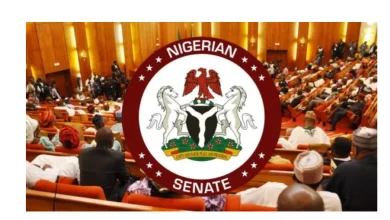
Managing Director and Chief Executive Officer of the Niger Delta Power Holding Company (NDPHC), Jennifer Adighije, says the recent adjustment in electricity tariffs particularly the cost-reflective pricing for Band A customers has been a financial lifeline for power generation companies (GENCOs), rescuing them from the brink of collapse.
Speaking during a televised interview on Thursday, Adighije commended the Minister of Power, Adebayo Adelabu, for what she described as a bold and necessary policy shift.
“I really want to commend the Honourable Minister of Power, Adebayo Adelabu, for the courage to implement this policy that has essentially saved the GENCOs from collapse,” she said.
According to her, GENCOs are now able to receive about 30% of their invoice settlements, a significant improvement from the mere 10% they received prior to the Band A reform. This has eased liquidity constraints and allowed companies to meet some of their operational and capital expenditure obligations.
Before the change, she explained, the power sector was in dire financial straits, but the Band A tariff structure which applies to just 15% of electricity consumers has increased overall sector liquidity by 70%, from ₦1 trillion to ₦1.7 trillion.
“Electricity consumption in Nigeria has long not been cost-reflective,” Adighije noted. “Tariff shortfalls and market inefficiencies, including the inability of DisCos to remit revenues, created a broken value chain.”
₦600 Billion in Outstanding Debt
Adighije revealed that GENCOs are currently owed over ₦600 billion, with ₦400 billion of that attributed to the Federal Government through the Nigerian Bulk Electricity Trading Company (NBET).
“The debts are mixed. We have debts owed by government customers and also by private off-takers bilateral and eligible customers. But the majority, about ₦400 billion, is owed by the government through NBET,” she clarified.
Nigerians Must Choose: Pay More or Subsidise Smartly
Pressed on what it would take for Nigeria to achieve reliable 24/7 power, the NDPHC boss gave a frank response: either consumers must be willing to pay appropriately for quality power, or the government must apply subsidies more intelligently.
“Let’s be factual. Power generation isn’t cheap. So, Nigerians either need to pay optimal rates for uninterrupted electricity, or the government must subsidise in a smart, targeted, and accountable way,” she stated.
She advocated for the use of AI-enabled smart meters to apply targeted subsidies directly to consumption, ensuring transparency and cost-efficiency.
“With smart meters, subsidies can be better tracked and applied based on usage. That way, electricity is delivered more efficiently, and the system becomes more sustainable.”
‘We Haven’t Failed Nigerians’
Defending the Tinubu administration’s performance on power sector promises, Adighije said that while reforms are still underway, major milestones have already been achieved.
“We haven’t failed Nigerians. Transformation doesn’t happen overnight, but we are making steady progress. On March 2nd, we hit a peak generation of 6,000 megawatts a historical milestone,” she said.
She emphasized that the government is laying the right legislative and regulatory groundwork for long-term sector reform, citing the Electricity Act signed by President Bola Tinubu as a game-changer.
“The Electricity Act has liberalised and decentralised the market. We can now enter into bilateral transactions, innovate, and compete these are key to long-term growth,” Adighije concluded.





